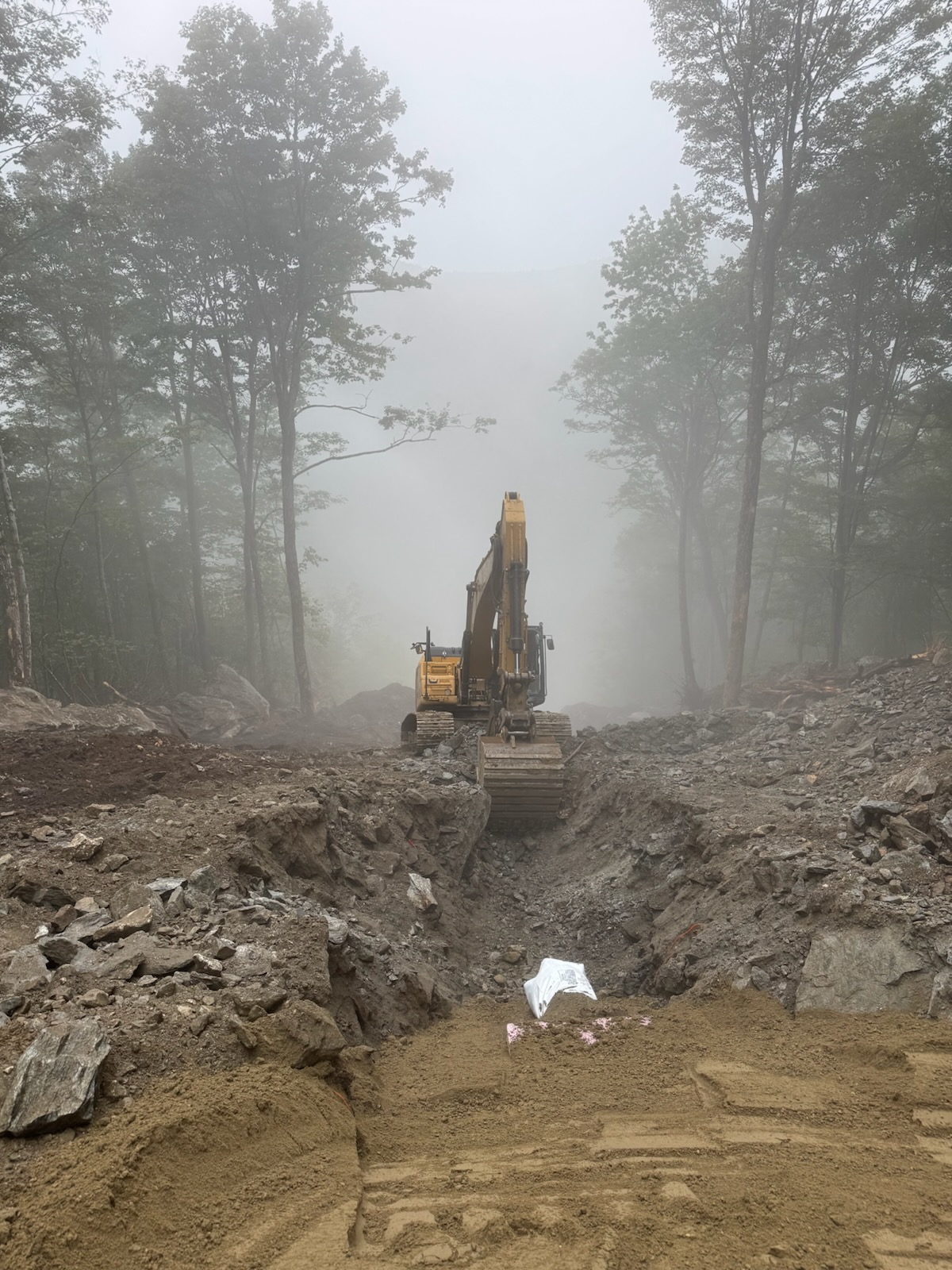
Digging Deeper: The Environmental Impact of Responsible Excavation Nov 16, 2025
Excavation, by nature, alters the landscape, which can lead to both short and long-term environmental effects if not carefully managed. The immediate impact often involves the disruption of soil and local habitats. Soil erosion and sedimentation are common concerns, as exposed soil can wash away with rain, leading to sediment buildup in nearby water bodies. This not only impacts water quality but can also harm aquatic ecosystems.
Habitat disruption is another significant factor. Excavating areas that serve as homes for wildlife requires careful consideration. Responsible excavation strategies include conducting thorough environmental assessments and taking measures to relocate or protect habitats, thereby reducing the impact on local flora and fauna.
Pollution is another potential environmental concern associated with excavation. Dust, fuel emissions from machinery, and potential oil or chemical spills can detrimentally affect the air quality and soil integrity. At Jack Of All Blades, responsible excavation includes using modern, well-maintained equipment and implementing dust control measures. We also prioritize the use of eco-friendly products to prevent pollution and ensure compliance with environmental regulations.
Sustainable excavation practices can alleviate many of these issues. One effective method is the use of proper site planning and design. This includes mapping out efficient routes for machinery to minimize disturbance, as well as timing work to avoid sensitive seasons for wildlife. Additionally, retaining trees and vegetation where possible can help prevent soil erosion and maintain biodiversity.
The use of technology is revolutionizing the excavation industry. GPS and drone technology aid in precise site mapping, reducing unnecessary disturbance and optimizing resource use. These advanced tools allow for more accurate planning and execution, which minimizes waste and limits environmental disruption.
One innovative approach gaining traction is the restoration of excavated sites. After the excavation process, efforts can be made to restore or improve the environmental conditions of the site. This may involve replanting native vegetation, creating wetlands, or setting up habitats that encourage wildlife return. Such projects can transform impacted sites into thriving ecosystems, demonstrating that excavation and environmental stewardship can coexist.
Education and training are also vital in promoting responsible excavation. At Jack Of All Blades, our team stays educated on the latest sustainable practices and technologies in the field. By investing in continuous learning, we ensure that our actions align with environmental best practices.
In conclusion, responsible excavation is about more than efficient completion of a project. It is about understanding and mitigating the environmental impact associated with such activities. As we continue to move forward with ever more ambitious projects, companies like Jack Of All Blades are committed to setting an example by integrating sustainable practices. By embracing advanced technologies and sustainable methodologies, we help protect our precious environment for future generations. It's time to dig deeper and build responsibly.
/filters:no_upscale()/filters:format(webp)/media/16e0c933-7044-4368-9f8f-6befdde7bf49.jpeg)
/filters:no_upscale()/filters:format(webp)/media/64cbd116-f620-4e6b-af41-19b0ca69d22d.jpeg)